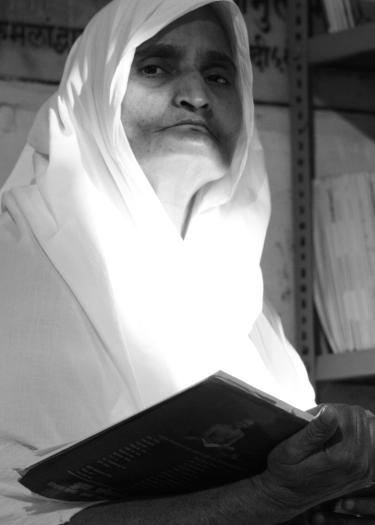The Body and Sallekhana in Early Jain Texts
- Date in the past
- Tuesday, 17. December 2024, 16:15 - 17:45
- SAI, Building 4130, Room 130.00.03
- Claire Maes - Tübingen University
In this lecture, I demonstrate that asceticism was the primary context for the Jain fast to death (sallekhanā) in ancient India. Within the Jain imaginaire of extreme asceticism—characterized by practices such as prolonged fasting, the minimization of bodily activity, and the inversion of societal norms— sallekhanā is not a radical departure but a logical extension of the idea that liberation is achieved through the suppression of all bodily and mental activity. Within the ascetic context of remodern India, fasting to death was a ritualized process involving several steps, from seeking and granting forgiveness for any harm caused, to ritually inspecting the area for the final fast, and formally renouncing food and water until the end of life. This lecture further discusses how within Jain asceticism, similar to some Buddhist and Hindu traditions, the body is perceived as a fundamental obstacle—an impure, polluting entity that hinders the experience of one's pure self. In the context of sallekhanā, vivid depictions of the impure body are employed to evoke disgust, helping the ascetic cultivate the necessary detachment to undertake the fast unto death.

Address
SAI, Building 4130, Room 130.00.03
Event Type
Colloquium